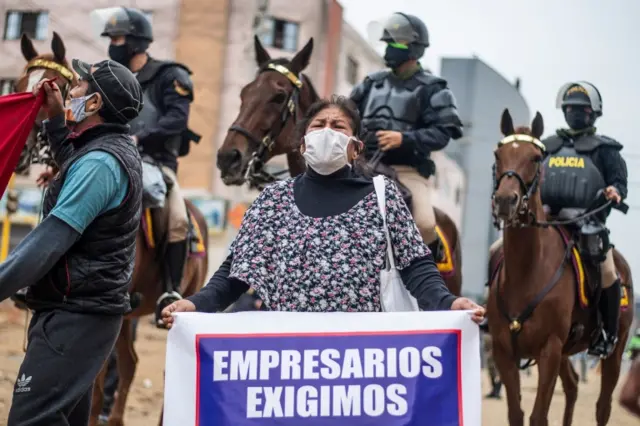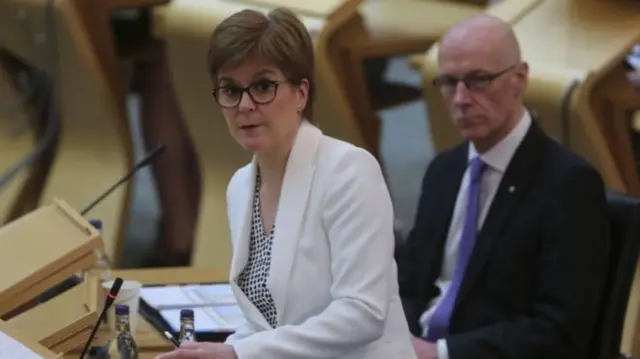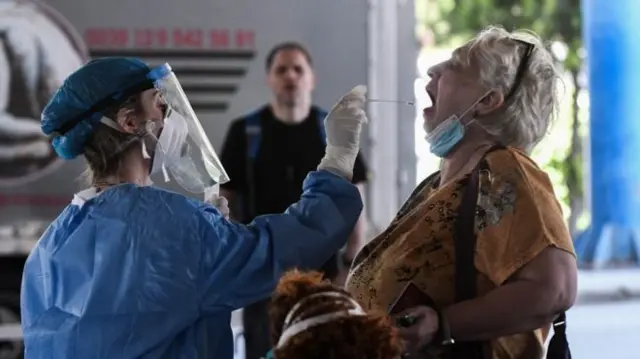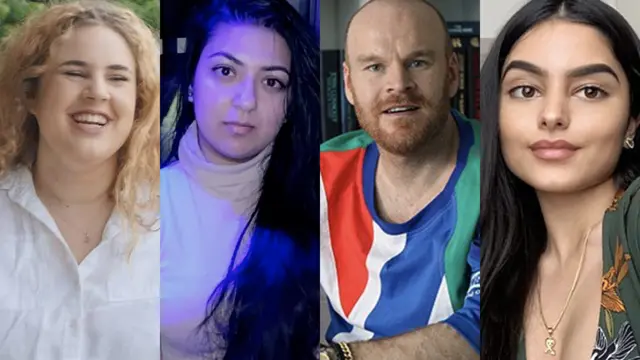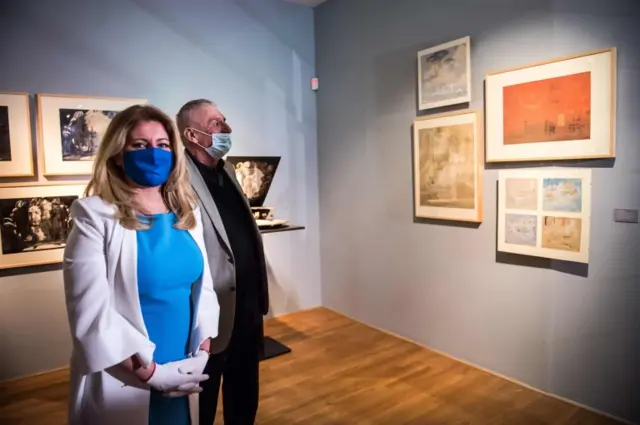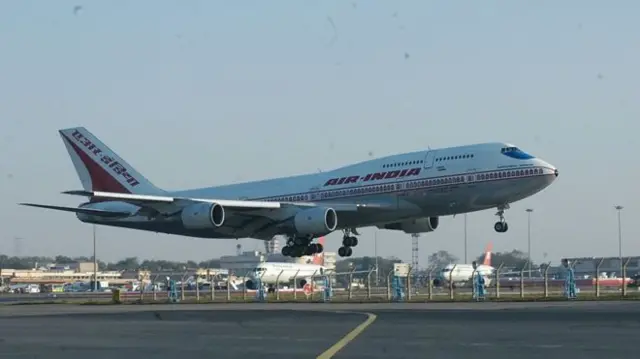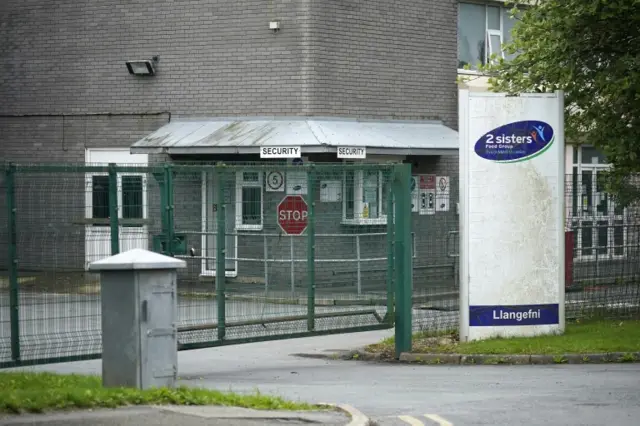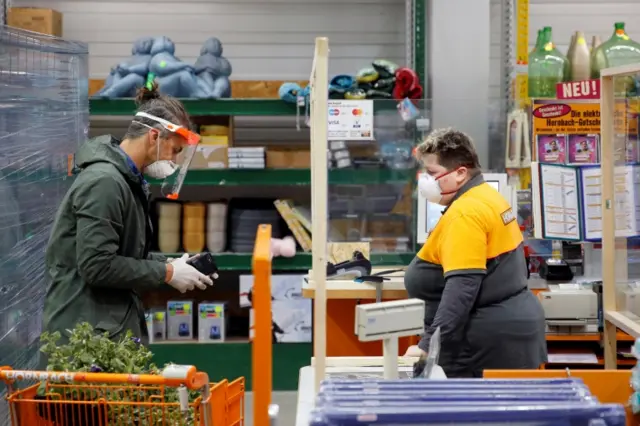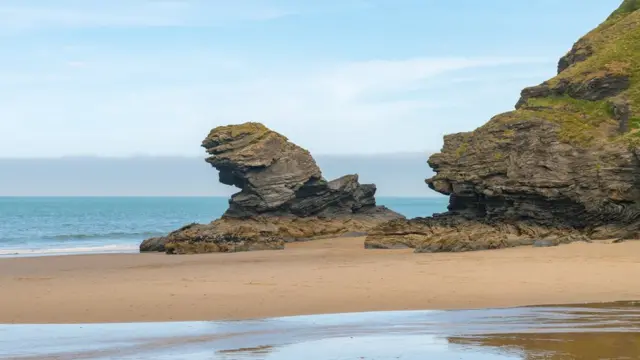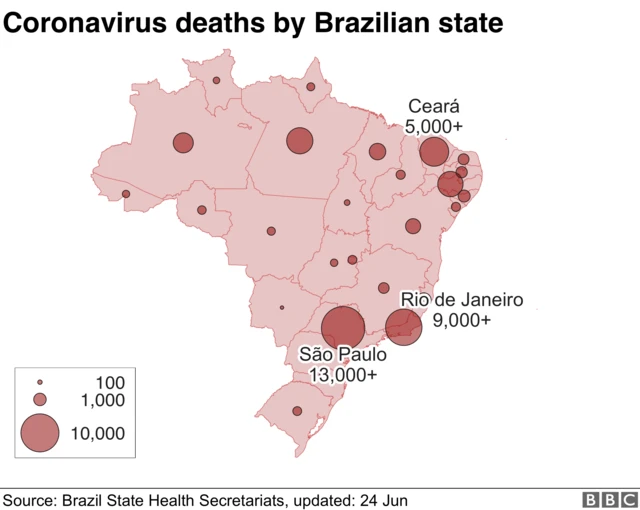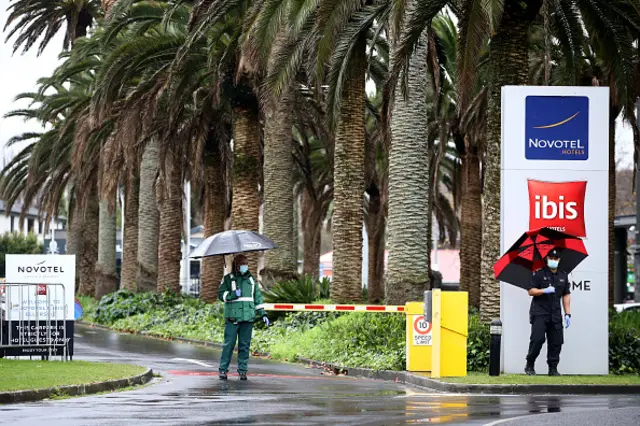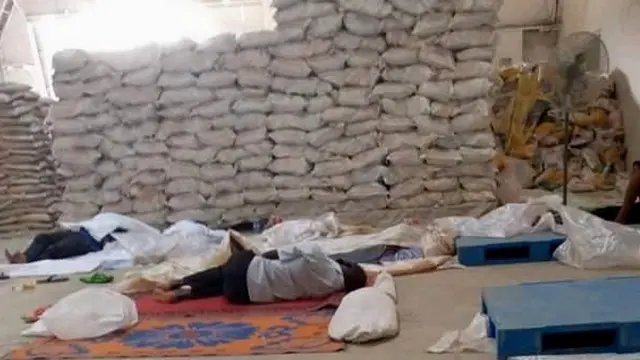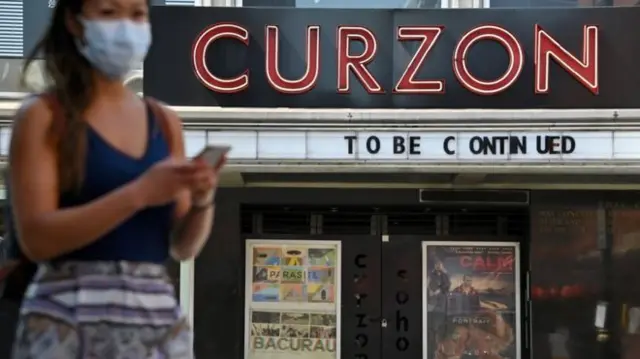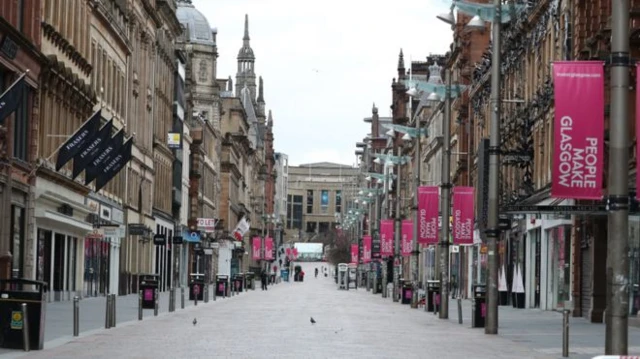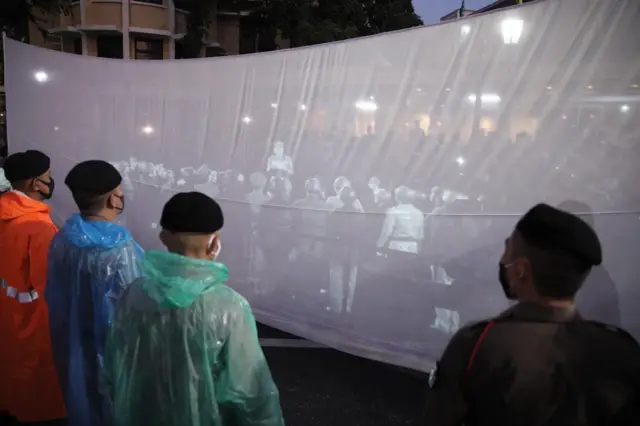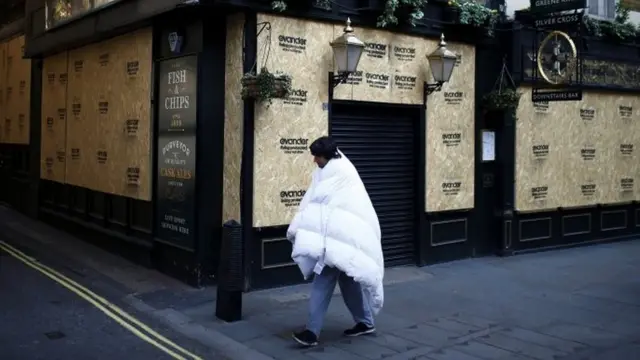Second wave: What it is, and what it is notpublished at 11:25 BST 24 June 2020
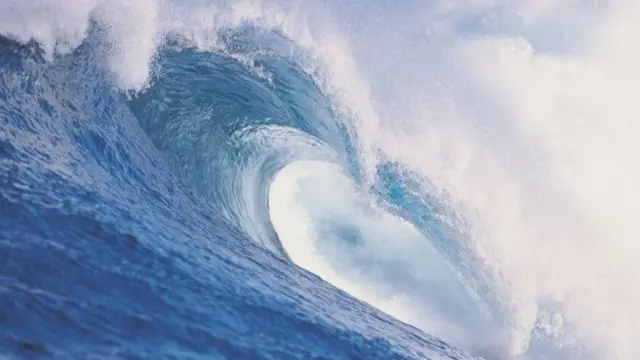 Image source, Getty Images
Image source, Getty ImagesSome countries are still dealing with large epidemics, but even those currently controlling the virus fear "the second wave".
The second phase of Spanish flu a century ago was deadlier than the first. So, is a second wave inevitable?
In order to say one wave has ended, the virus would have been brought under control and cases fallen substantially.
For a second wave to start you would need a sustained rise in infections.
Current outbreaks in New Zealand and the Chinese capital, Beijing, cannot be classed as a second wave, scientists argue. But the rapid surge in coronavirus cases in Iran in recent weeks has sparked talk of a second wave.
So what are our options? The BBC's James Gallagher takes a look.
